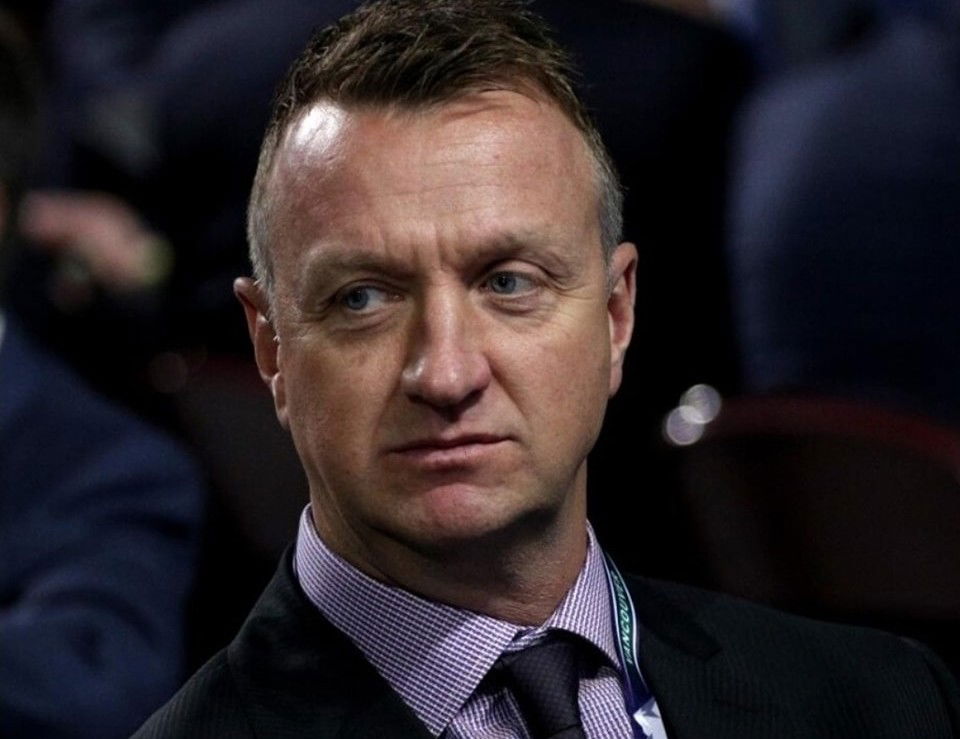

In April 2017, Rob Blake became the official general manager of the Los Angeles Kings, replacing long-time GM Dean Lombardi. A Hall of Fame defenseman and franchise icon, Blake had worked as an assistant GM since 2013, operating behind the scenes as the Kings worked toward their 2014 Stanley Cup championship. The hire signaled the introduction of an evolving new regime, as the Kings shifted from the backend of a championship core to rebuilding mode.
Watch What’s Trending Now!
Steering the franchise during transition
Inheriting the reins in 2017, Blake was left to deal with a team still buzzing from its previous success. The Kings had raised the Stanley Cup in 2012 and 2014, but the squad had aged, the depth was waning, and cap headaches were increasing. It was Blake’s task: rebuild the team without completely breaking it down.
ADVERTISEMENT
During his initial year as the GM, Blake took the Kings to the playoffs, but they were quickly eliminated by the Vegas Golden Knights in the first round. That playoff appearance proved to be the highlight of an otherwise turbulent rebuilding phase. The team fared poorly the next couple of years but gradually worked its way back to playoff contention.
From 2022 through 2025, the Kings qualified for the playoffs each year, promising during the regular season but failing each time in the playoffs, albeit each time at the hands of the Edmonton Oilers. The Kings never moved beyond the first round of the playoffs in all five playoff appearances despite regular-season improvement and a 309-238-71 record in the regular season during the period under the leadership of Blake.
Blake’s front office maneuvers sought to find the middle ground between short-term competitiveness and long-term stability. He made trades for valued contributors such as Kevin Fiala, Viktor Arvidsson, Trevor Moore, and Vladislav Gavrikov. He took bigger swings as well, including swooping on Pierre-Luc Dubois in a highly touted trade that involved yielding top prospects such as Gabriel Vilardi and Alex Iafallo. The transaction worked out poorly as Dubois struggled and was traded off the following season.
ADVERTISEMENT
Blake did, however, find success in the draft by helping the Kings acquire talented prospects, including Quinton Byfield, Brandt Clarke, Jordan Spence, Mikey Anderson, and Alex Lafreniere. These prospects are now integral to the team’s present core.
ADVERTISEMENT
Roster moves that characterized his tenure
Blake’s resume does contain some successful deals, but his stay was not without blunders. The three-year, $15 million contract that goaltender Cal Petersen signed ended as a cost burden. To shed cap space, Blake had to trade key players such as Sean Walker and take on some of Ivan Provorov’s contract, though Provorov never played one game for the Kings.
Top Stories
Drake Maye Reveals Shoulder Injury Update as Patriots QB Announces News On Super Bowl Availability
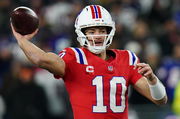
NFL Sends Muted Warning to Bad Bunny Before Super Bowl Halftime Performance Amid ICE Controversy

PGA Tour Split Into Two as Scottie Scheffler Confirms Stance on Patrick Reed’s Return
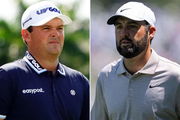
Travis Kelce Makes Sporting Return as Teammate Gives Update on Chiefs TE’s Retirement
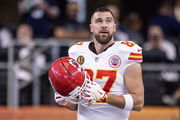
Tempers Boil Over as Punches Fly in Winthrop vs High Point WBB Game

Jaxson Hayes vs Mascot: Everything You Need to Know About the Entire Episode of Altercation, Suspension and More
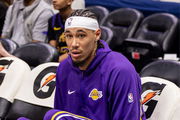
In addition, Blake traded out his best prospect, Brock Faber, to pick up Fiala, an offense-minded talent who produced, but whose price is still debatable. Conversely, many of the lower-risk moves by Blake paid dividends. Veteran pickups such as Warren Foegele, Joel Edmundson, and playmaker Andrei Kuzmenko were consistent contributors, particularly during the 2024–25 season.
ADVERTISEMENT
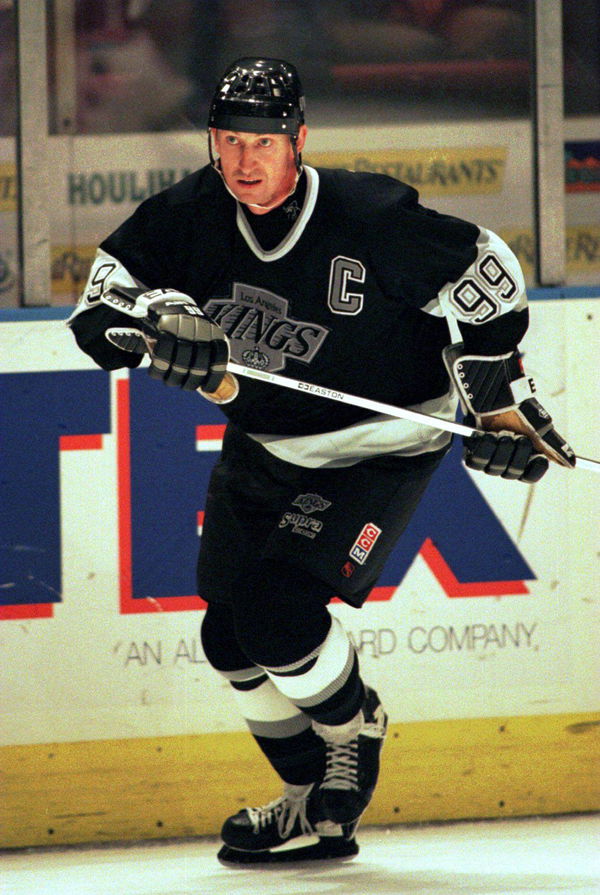
Blake’s last major success as GM was trading the struggling Dubois to acquire goaltender Darcy Kuemper, who had his best season and became a Vezina Trophy candidate. These good moves, though, were not enough to advance the Kings beyond the 2025 playoffs against Edmonton. After taking the lead in the series 2-0, Los Angeles faltered, losing four consecutive games and seeing their playoff run end in six games.
ADVERTISEMENT
Blake’s departure and the Kings’ next chapter
The Kings and Blake parted ways on May 5, 2025, just days following another early playoff departure. With the expiring contract and no playoff success in eight years to speak of, the move was imminent to many. Team president Luc Robitaille, in a statement, praised the commitment of Blake and described him as an integral member of the Kings organization.
“Reaching this understanding wasn’t easy,” Robitaille noted. “Rob deserves a great deal of credit and respect for elevating us to where we are today. He has been an important part of the Kings and will always be appreciated for what he has meant to this franchise.”
ADVERTISEMENT
The Kings have yet to name the replacement for Blake, and the new general manager is being sought. The future of head coach Jim Hiller is uncertain with two years left on his deal. Asked whether there’d ever be an update on his status, Hiller conceded no talks had occurred and accepted the reality that major front-office moves typically include further alterations on the bench.
The heritage of renewal and resolution
Blake’s tenure with the GM will be looked at as one of reinvention. Challenged with rebuilding a franchise that had reached the pinnacle of the NHL just a few seasons earlier, he chose to do it incrementally. He did not blow it all up, though. Rather, he injected youth into an aging depth chart, drafted and built around a new nucleus, and rolled the dice to enhance the team’s level of competitiveness.
ADVERTISEMENT
Despite never advancing beyond the first round during his tenure, the regular-season stability and building blocks that were established are a testament to his lasting influence. The Kings averaged 46 victories and more than 100 points annually in the final four seasons of his tenure—evidence of improvement, albeit the final playoff objective never materialized.
Now, as the organization moves on to the next chapter, it does so with an arguably strengthened roster compared to the one that was inherited by Blake. While his tenure concluded without an in-depth playoff run, there is no denying that the modern LA Kings owe much to the impact of Rob Blake. From Hall of Fame defenseman to front office architect, the legacy of Blake in Los Angeles will be long remembered as one of consistent leadership, bold moves, and unyielding determination to restore the Kings to contention.
ADVERTISEMENT
ADVERTISEMENT
ADVERTISEMENT